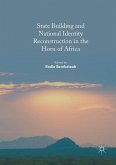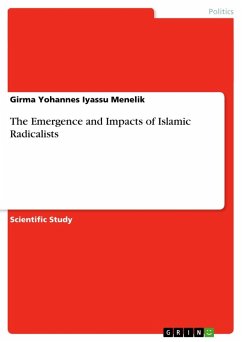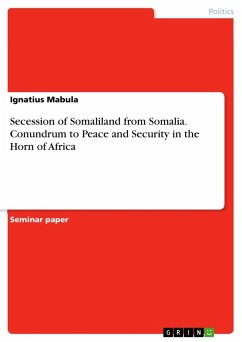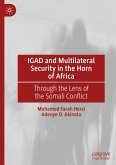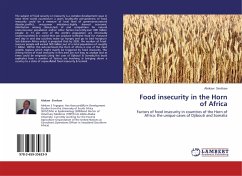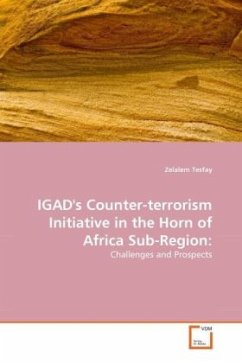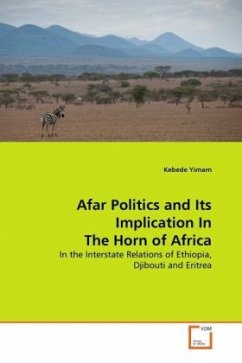Since Eritrea got its independence from Ethiopia, it had engaged itself in non-peaceful activities ranging from wars of words to a destructive bloody war with all of its neighbors. This nature of Eritrea has changed the situation in the Horn of Africa and beyond. As such, Eritrea's position is challenged both at regional, continental and global level. This work, therefore, studied one of the issues, which worries scholars, inhabitants of the region as well as other concerned bodies: why Eritrea is not in a healthy relationship with its neighbors? To properly address this question, the author analyzed three interrelated issues: the armed struggle era, the post-independence domestic policies, and the post-independence foreign policy of Eritrea. This work basically shows how the legacies of the liberation days affected the post-independence domestic policy and how the domestic policy in turn shaped the current foreign policy of Eritrea.
Bitte wählen Sie Ihr Anliegen aus.
Rechnungen
Retourenschein anfordern
Bestellstatus
Storno


